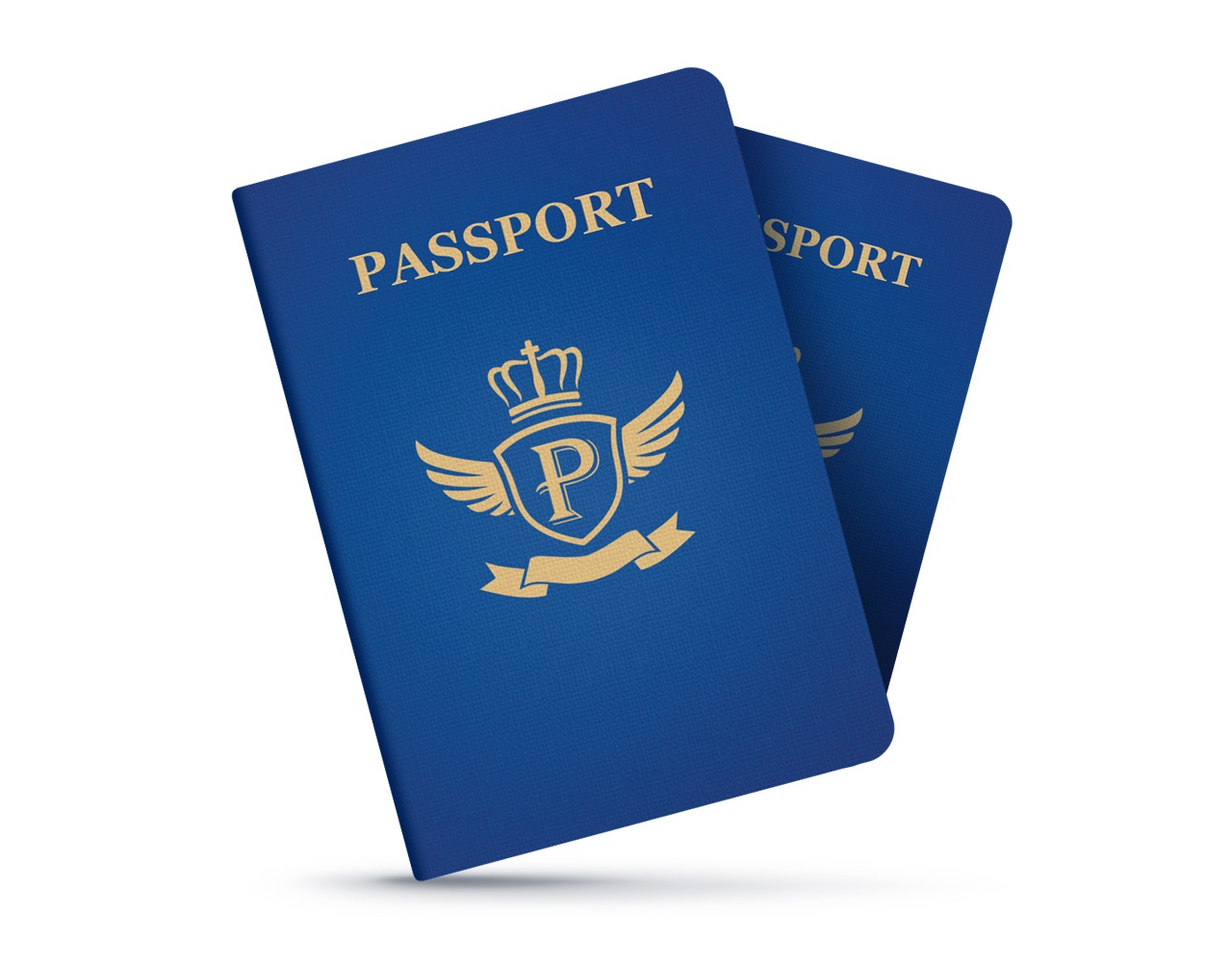Claire being 16 understands that this is for the better and in the long run will improve her family dynamics, but her younger sister Eli seems to be having a very hard time with what’s happening. Claire knows that if her parents do get a divorce, that she doesn’t want to have to pick who she stays with, she loves them both equally and wants to spend equal time with them. Eli on the other hand really clings to her mom and being only 6 years old doesn’t want to be separated from her.
 |
| http://blogs.psychcentral.com/wellness/2011/07/the-kids-are-alright-what-to-do-when-your-partner-is-ill/ |
Under the Divorce Act, one or both parents may have custody of the children. See section 16 of the Divorce Act for the provisions of custody orders. Child custody issues are always determined with one primary goal in mind: to do what is in the best interest of the child.
In many divorce cases the children will not have to testify in court, nor will the judge want to speak privately with your children. Instead, the Court normally appoints a social worker or the Court may request to have the children be appointed a lawyer from the Office of the Children’s Lawyer to represent the children’s interests and to present the children’s interests to the judge. This does not happen in all cases, but when it does happen the children’s lawyer will present independent information to the court about the children’s views and preferences relating to the custody issues. Claire and her sister can speak to a social worker or the lawyer appointed to them about their concerns.
Types of Custody
There are four different types of child custody in Canada.
(1) Sole custody: one parent alone has custody of the child which means that the child lives with one parent most of the time. That parent (also referred to as the custodial parent) has the main responsibility for taking care of the child and making decisions about the child. However, the other parent has access to the child and the right to certain important information about the child such as medical information.
(2) Joint custody: both parents share custody of the child. Both parents will continue to share in making all the major decisions concerning the children (about discipline, school, major outings, holidays, etc.). If there is joint custody, many different living arrangements are possible. The children may live with each parent about the same amount of time or live mostly with one parent.
(3) Shared custody: both parents have joint custody of the child and each spends at least 40% of the time with their child. Also, both parents usually share the responsibility for making major decisions affecting the child.
(4) Split custody: When one parent has custody over some of the children while the other parent has custody over the others. Some of the children live with one parent most of the time, while the other children live with the other parent most of the time. This is a rare type of custody. Courts are quite hesitant to award custody in this manner as they don’t want to split up brothers and sister
For more information on the Office of the Children’s lawyer, check out their website: http://www.attorneygeneral.jus.gov.on.ca/english/family/ocl/
Some more online legal information on family law:
http://www.cleo.on.ca/english/pub/onpub/PDF/family/getdiv.pdf
http://www.cleo.on.ca/english/pub/onpub/PDF/family/custody.pdf
This blog scenario was written by Genevieve Pelow, a volunteer on JFCYs PLE team, who is grade 10. The legal content of this blog was written by Lauren Grossman, a first-year law student at the University of Toronto who is volunteering at JFCY through her law school’s Pro Bono Students












